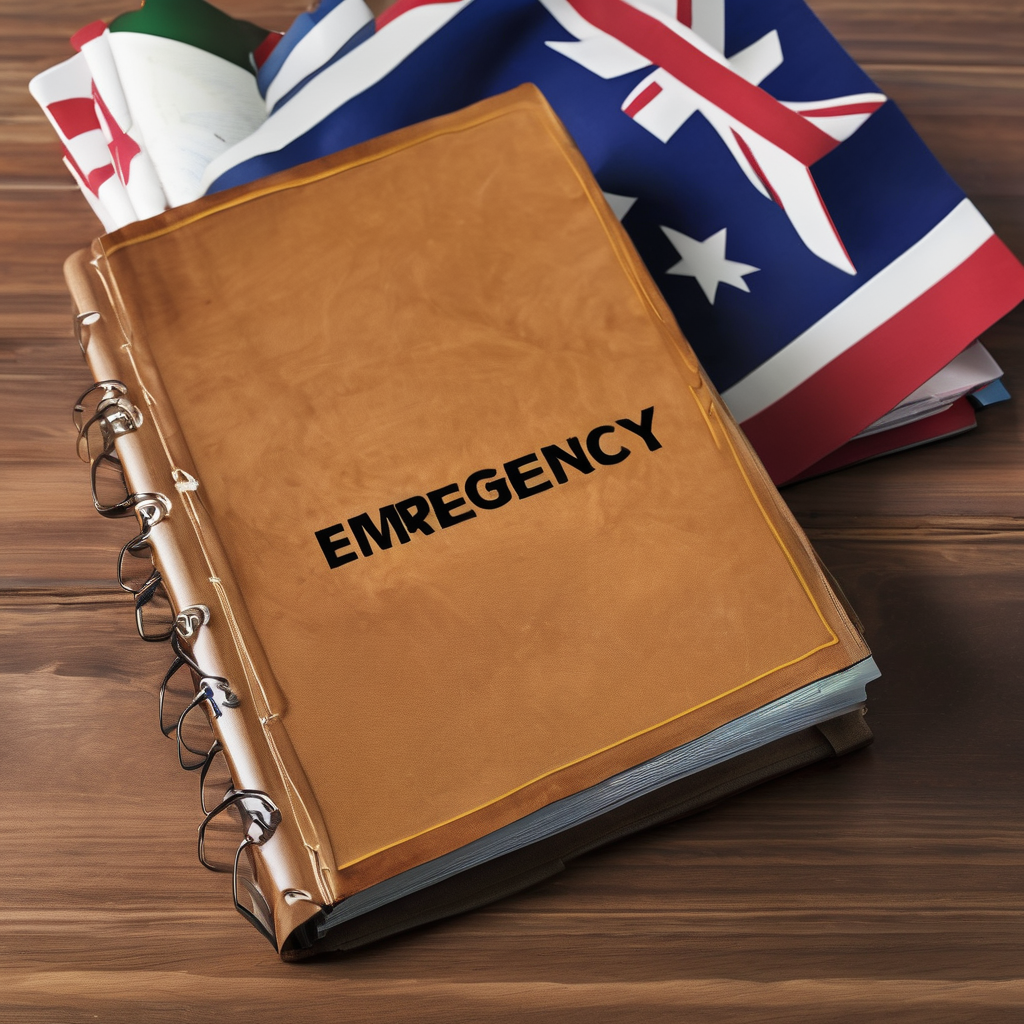The United Nations has called upon Fiji to enhance its investment in disaster prevention, emphasizing that Pacific nations incur substantial yearly losses due to insufficient funding for resilience strategies. During an event commemorating the International Day for Disaster Risk Reduction in Suva, UN Resident Coordinator Dirk Wagener articulated the significant financial implications of disasters, which cost Pacific Island countries over US$1.1 billion annually. He highlighted Fiji’s average annual loss of FJ$79 million, equating to 2.6 percent of its GDP, and warned that a single cyclone could inflict damages upwards of FJ$845 million, nearly one-third of the nation’s economy.
Wagener pointed out that disasters are often exacerbated by planning and investment failures, noting that most Pacific governments allocate less than one percent of their national budgets towards disaster risk reduction. He commended countries like Tonga for innovating financial protective measures through adaptive insurance and rapid cash support systems following disasters, urging all Pacific nations to formulate national disaster risk financing strategies that focus on resilient and informed investment.
Gabrielle Emery, head of the UNDRR Pacific Subregional Office, reiterated the urgency of the situation, describing Fiji and its neighbors as being at “ground zero of the climate crisis” facing several hazards. She remarked that safeguarding the population now is more cost-effective and prudent than reconstruction efforts post-disaster.
Despite the challenges, Fiji has made strides by incorporating climate and disaster risk into its legislative frameworks, including the Climate Change Act and the Disaster Risk Reduction and Management Act. These efforts, however, require increased funding to be fully effective. The UN is collaborating with Fiji’s government, civil society, and private sector to expand access to innovative financing solutions and to bolster early warning systems. A recent FJ$25 million investment aims to enhance community-centric alert systems across the nation, exemplifying hope in proactive disaster management and community resilience initiatives.
Furthermore, Fiji’s experience underscores the importance of integrating climate resilience into budget planning and investment decisions. The government is working towards a Pacific Resilience Fund, aiming to secure US$500 million for community-level adaptation and supportive infrastructure projects. By streamlining disaster financing and prioritizing essential services like health and education, Fiji is crafting a path towards a more resilient future as it faces the inevitable impacts of climate change.
The momentum towards improved disaster preparedness and resilience could serve as a model for other nations grappling with similar vulnerabilities, signifying a shift towards proactive strategies that protect lives and livelihoods in the face of escalating climatic threats.
